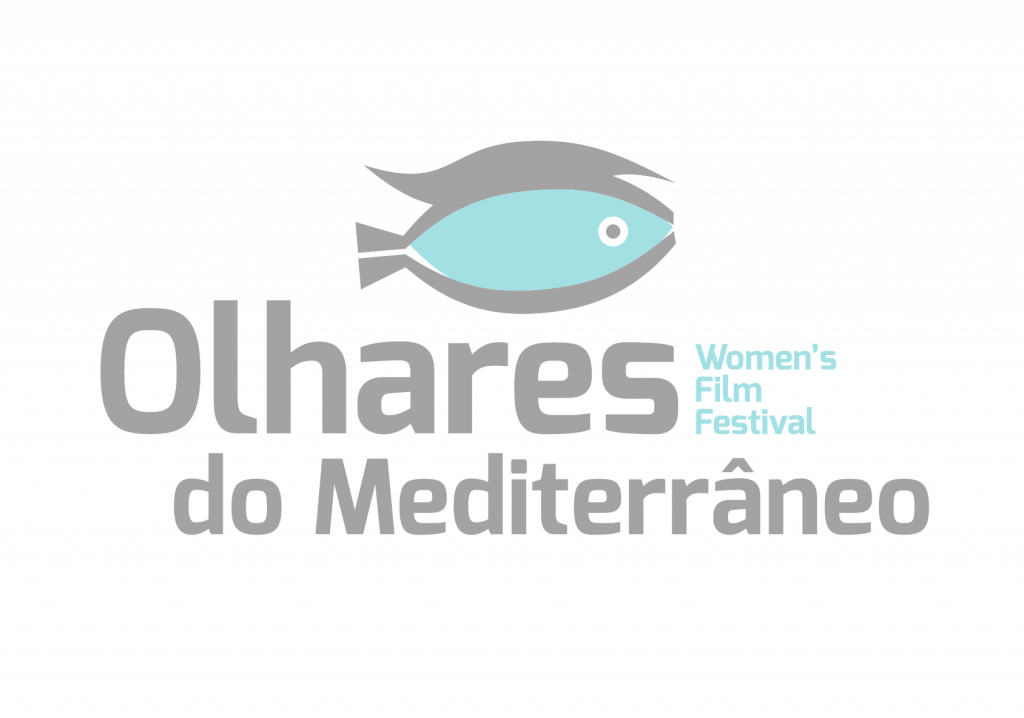
Nannies combines autobiographical elements with a reflection on the presence of nannies in Brazil. With a subjective narration, the film incorporates photographs, domestic footage and newspaper ads from the 20th century, as well as contemporary images of nannies and children, building a personal narrative about the presence of nannies in the daily lives of many Brazilian families. A situation where the affection is genuine but does not dissolve violence and racism.

The political struggle of the Brazilian activist Celso Afonso Gay de Castro forced him and his family into exile in the 1960s. In this film, his daughter follows her father’s footsteps on a highly personal journey through Brazil, Chile, Argentina, Venezuela and France. This cartographic blueprint of her own family also traces the life of a traumatized leftist generation of the 1960s and 70s in Latin America.

This is the story of the waiting of Dona Virgínia, a lady who, for more than fifty years, has been waiting for the expropriation of her house. Year after year, the government threatens to destroy the place where she keeps her past and her living memories.

A documentary about the member of the brazilian Communist Party, Congressman elected by vote, and later on enemy number one of the brazilian dictatorship of 1964, Carlos Marighella.

In 1960, during his fourth expedition to Mozambique, anthropologist Jorge Dias stayed for some days in my family’s house in Mucojo. The film articulates the narration of his stay with an attempt of visual reflection on the limits of anthropological representation and the processes of empirical observation, comparison, imitation, and acculturation.

The film portrays the investigation of the director-character regarding her condition as a woman. As she mirrors people who are close to her, such as her grandmother, mother, husband, friends, and the daughter of one of them, her own identity is both forged and revealed.

In 1969, during the dictatorship in Brazil, a family sends their youngest son out of the country in order to avoid their engagement in the armed struggle, as their sister did. Hector travels the world for nine years and, during this time, sends letters to his relatives.

Pulsations is a documentary in which the filmmaker seeks to find what inspires and motivates our lives. Depicting intimate encounters with her family and close friends, the film builds a delicate narrative about the meaning of being alive.

For 11 years, a therapist recorded on video Mara, a quadriplegic person, and her work to regain movement and walk again. In the long process, the two became intimate and shared much more than the goal of overcoming paralysis. Zona Desconhecida ended up capturing the involvement of these two women and the unexpected steps they both took in their lives. In the end, the first step that motivated more than a decade of work for both proves to be much greater and more surprising than the simple act of walking.

Branca is a 3-year-old Brazilian girl who travels to Cuba to see her father’s homeland in the middle of the anniversary of the revolution. Her late grandfather, Marcos de Vasconcellos, lived and participated intensely as a writer and architect in Rio de Janeiro in the 60s. However, the two never had the opportunity to know each other in life, and they will meet for the first time on the movie screen. Deep family ties are revealed through letters, images, and memories.

Elena, a young Brazilian woman, moves to New York with the same dream as her mother: to become a movie actress. She leaves behind her childhood spent in hiding during the years of the military dictatorship. She also leaves Petra, her seven-year-old sister. Two decades later, Petra also becomes an actress and heads to New York. At first in search of her destiny, but increasingly, in search of Elena, Petra has only a few clues: home movies, newspaper clippings, a diary and some letters. Gradually, the features of the two sisters are confused; we no longer know one from the other. When Petra finally finds Elena in an unexpected place, she has to learn to let her go. ELENA is a film about the persistence of those memories, the irreversibility of that loss, and the impact the absence of her sister had on the seven-year-old girl.

Francisco Brennand is an eighty-five year old painter, sculptor and ceramist from Brazil. He lives and works isolated in an open-air museum set in an old ceramic roofing tile factory that belonged to his father. Based on his diaries, written over the past 60 years, the film narrates the artist’s journey from the moment he moved into the factory until today.

A short car trip with two mothers and three noisy children; fortunately it doesn’t take too long to get to heaven.

Two sisters flee the Russian Revolution and Nazi Germany. They get lost during the flight, and will only be reunited 13 years later, in Brazil. In the 1960s, together with their husbands and children, they share a house in São Paulo. Amorous conflicts, mixed with the Russian penchant for bohemia and indiscretion, create a typical narrative in Nelson Rodrigues’ serials.

Reviewing home videos, filmmaker Paula Gaitán constructs a curious narrative about her youth while talking to her children.

A correspondence between a brother and sister in the midst of the anniversary of their mother’s death, causes them to go in a journey to the past to understand the time where their mother lived and how their country, Portugal, was in the 1970’s when a revolution took place. In a blend of a family story with the Portuguese History, this film is a fight against oblivion.

Generational conflict of people living in the countryside, for the countryside. My grandmother and me.
The confrontation of the image with those represented in it.

The discoveries and frustrations on accessing a memory of a father and of a time in the Brazilian history that are rarely public. The young filmmaker plunges into this unknown past of her almost unknown father. He, a Brazilian intellectual, imprisoned and tortured during the military dictatorship, is silent about this since that time. A father and a fatherland that does not like to answer any questions, that loves but rarely talks.

Six years after I left my country, Brazil, I was sent an old sound reel in the post and I discovered a recording of my parent’s wedding ceremony. I was twenty-six. It was the first time I’d ever heard my mother’s voice as she died when I was a year old. I was terribly moved and I decided to go to Brazil.

The film rescues the memory of the jurist Sobral Pinto, one of the great defenders of democracy and human rights, and a man of unshakable ethics.

Based on the memories of a long journey, a letter is sent to the future. Alone, far from home and on the eve of her 30th birthday, a Brazilian woman sets out on a journey across the African continent. In the letter to her daughter, she tells of encounters with women who live in their cultures and times. A diary, a roadmovie and an invitation to all the people who lead their own paths.

It is a personal story that enhances the family bonds, using my sketchbook drawings as a reference and my family as the subject, this film follows a diaristic format, showing several situations and events that are part of my culture and routine in my home town Belmonte, during Christmas time.
Institutions involved:





Partners:







